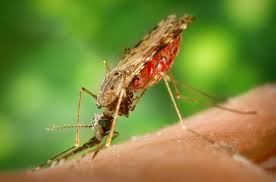Author Interviews, Biomarkers, BMJ, Cancer Research, Gastrointestinal Disease / 14.04.2015
Nanotechnology May Lead To Breath Test For Gastric Cancer
MedicalResearch.com Interview with:
Professor Hossam Haick Ph.D
Department of Chemical Engineering and Russell Berrie Nanotechnology Institute
Haifa, Israel
Medical Research: What is the background for this study? What are the main findings?
Dr. Haick: Our study is based on the hypothesis that timely detection of premalignant lesions (PMLs) may provide a tool to decrease either cancer mortality or incidence, thought, currently, there is no perfect non-invasive tool to screen for gastric cancer (GC) and the related premalignant lesions. Using 1002 samples collected from 501 volunteers, we show for the first time that premalignant lesions (PMLs) relevant to (gastric) cancer result in detectable differences in Volatile Organic Compound (VOC) signatures that can be detected and classified non-invasively through exhaled breath. We show additionally that these premalignant lesions can be well-discriminated from various stages of gastric cancer as well as other background stomach diseases.
(more…)


